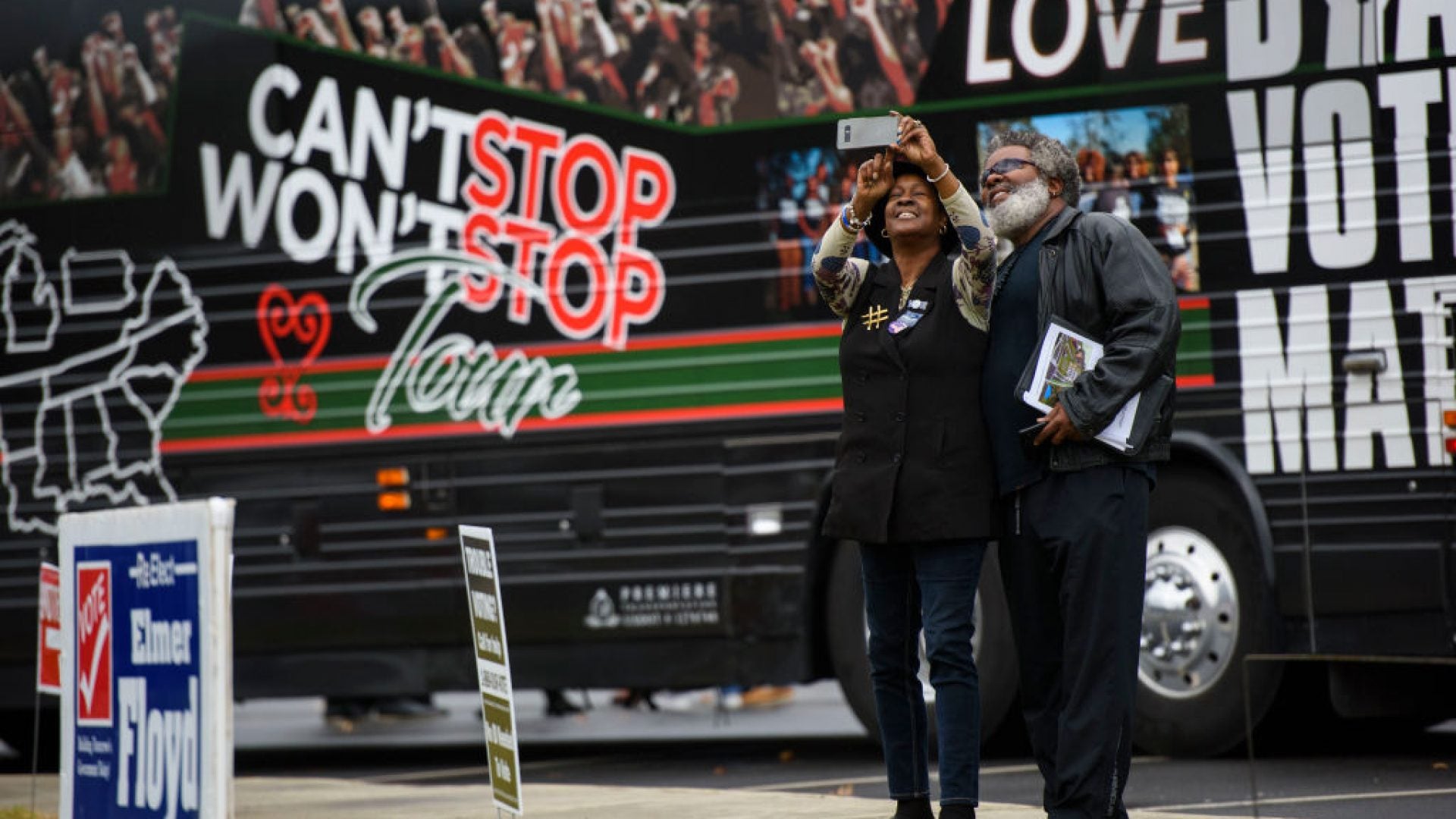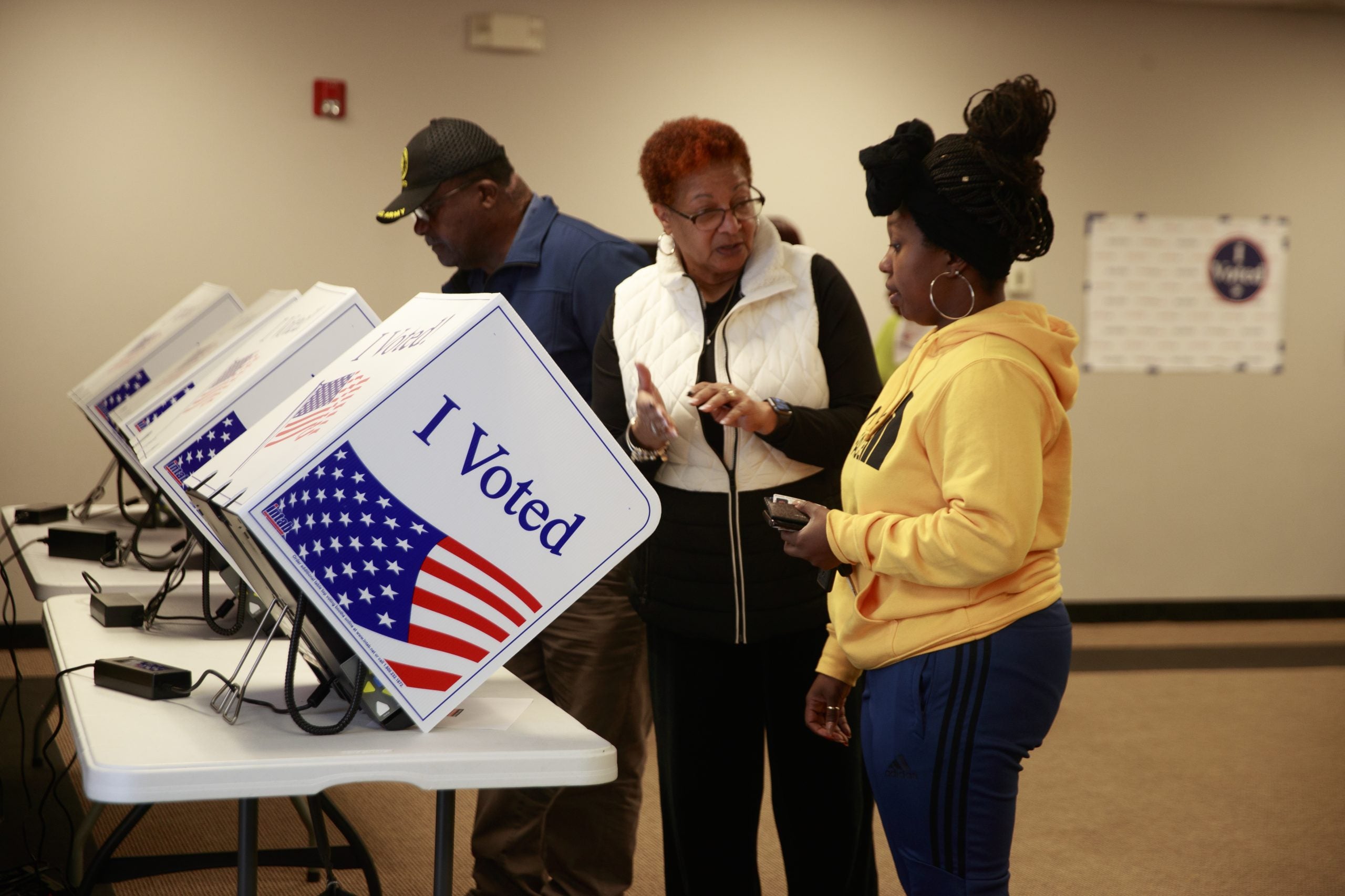
Despite record turnout in the 2020 election, approximately 80 million potential voters stayed home according to an NPR report about voter engagement. Simply put, more people did not vote in 2020 than those who voted for the outgoing president.
Polling commissioned by NPR and the Medill School of Journalism found that nonvoters tended to have a high school education or less and were less likely to be interested in politics as compared to voters. Thirty-five percent of nonvoter poll respondents say that nothing could inspire them to vote followed by 27 percent saying cleaning up government as a reason they may vote.
Engaging youth voters was a priority for numerous civic engagement organizations across the country. Of nonvoters surveyed, 35 percent were 18-34. Early analysis of results suggest a 10% increase in youth voter turnout in key states indicating efforts to engage youth were successful.
As mainstream media focuses on the outgoing administration and the refusal of Trump supporters to accept the outcome of the election, few engage the larger share of people who remain disengaged from the political process. Representing nearly one-third of the voting age population, understanding the reasons for nonvoters remaining disengaged could help with outreach efforts in between presidential election cycles.

According to Pew Research Center, prior to the 2020 election, the United States ranked 30th out of 35 countries in voter turnout. Pew compared voter participation in the United States to countries in the Organization for Economic Cooperation and Development.
Focusing on long-term engagement beyond individual elections is a shift in how people approach politics that could result in more people engaging in elections. While gains in Georgia have made the rounds in the news since the peach state’s historic November upset, similar organizing efforts exist in other states.
Year-round civic engagement organizations like Black Leaders Organizing Communities (BLOC) recognize the work does not stop on election day. “Being civically engaged is about more than the politics,” said Angela Lang, BLOC’s executive director, in an interview with Milwaukee Neighborhood News Service. “It’s about community.”
Ohio did not flip red to blue, but local wins in Hamilton and Franklin counties show the power of long-term civic engagement organizing. As recently reported by the Appeal, the Ohio Organizing Collaborative and allies saw increased engagement around local elections for judge and sheriff.
“[The real work] is educating and empowering the people of our community so that they know the responsibility in holding elected officials accountable does not start nor stop at the ballot box,” said Adrianne Hood, a Columbus, OH based activist, in an interview with the Appeal.